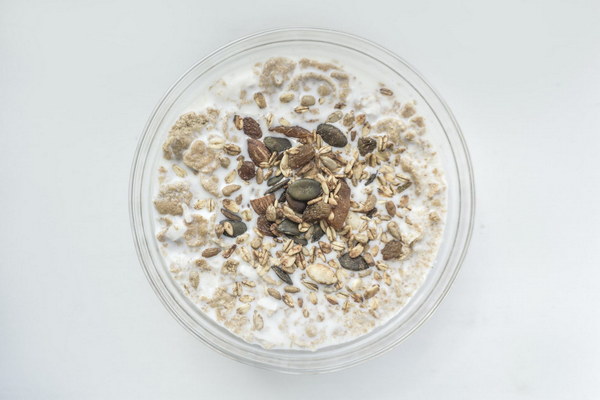Hear the Melody of Health How Whistling Can Foster Liver Wellbeing
In the hustle and bustle of modern life, finding a moment of tranquility and well-being is becoming increasingly rare. Yet, there is a simple, effective, and unexpectedly musical way to nurture not just our minds but also our bodies—whistling for liver health. Yes, you heard that right! Whistling, a seemingly mundane activity, can be a powerful tool for enhancing liver function and overall well-being. Let's delve into how this peculiar practice can become a key element in your liver care routine.
The Liver: The Body's Silent Workhorse
The liver, often referred to as the body's silent workhorse, is responsible for an array of vital functions, including detoxifying the blood, metabolizing fats, producing bile, and storing vitamins and minerals. Given its importance, it is crucial to keep this organ healthy and functioning optimally. Whistling, it turns out, can play a role in this endeavor.
The Science Behind Whistling for Liver Health
The act of whistling involves the use of the lungs, diaphragm, and abdominal muscles, which in turn stimulates the liver. This physical activity increases blood flow, promoting the liver's ability to metabolize toxins and enhance its overall efficiency.
Here are some scientific reasons why whistling is beneficial for the liver:
1. Improved Blood Flow: When you whistle, you are essentially breathing deeply and rhythmically. This encourages better blood circulation, which is essential for delivering oxygen and nutrients to the liver cells.
2. Stress Reduction: Whistling is a calming activity that can reduce stress levels. Chronic stress can negatively impact the liver by increasing the production of harmful free radicals and enzymes that can damage liver cells.
3. Enhanced Lung Capacity: Whistling can help improve lung capacity, which in turn supports the liver by ensuring that more oxygen is available for the metabolic processes.
How to Whistle for Liver Health
Now that we understand the benefits, how do we incorporate whistling into our daily routine for liver health?
1. Practice Regularly: Like any skill, whistling takes practice. Start by whistling for a few minutes each day, and gradually increase the duration as you become more comfortable.
2. Choose Your Tune: Pick a melody that relaxes you, whether it's a soothing tune or your favorite song. Music has a therapeutic effect on the mind and body, so choose something that uplifts you.
3. Create a Routine: Make whistling a part of your daily routine. You could whistle while walking, during your morning coffee break, or even during a stressful moment to bring some calm.
4. Join a Community: Consider joining a group of whistlers or attending a local whistle club. This can provide motivation and support as you continue your whistling journey.

Conclusion
Incorporating whistling into your daily life may seem unconventional, but its potential benefits for liver health are undeniable. By engaging in this simple and enjoyable activity, you can take a proactive approach to maintaining your liver's well-being. So, the next time you find yourself in need of a moment of peace and clarity, pick up your favorite tune and let the music of your own voice nurture your liver's health. After all, as the saying goes, Music is the universal language of mankind, and now we can add that it is also the universal language of liver health.









